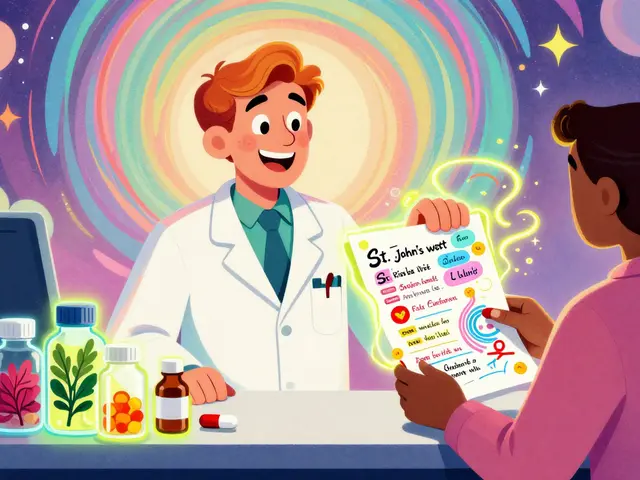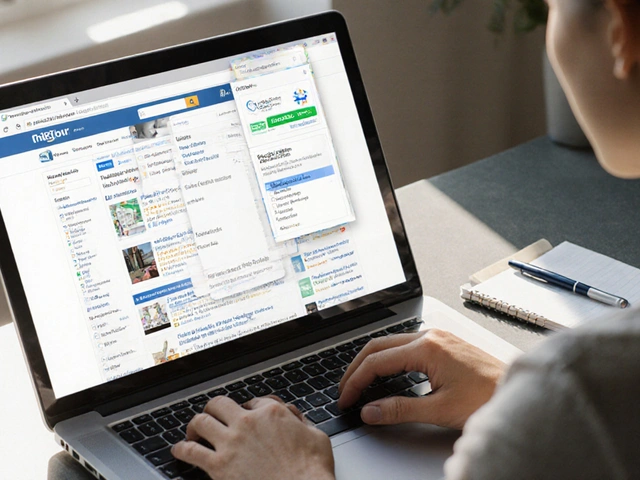Muscle Aches: Quick Relief Tips and When to Get Help
If your muscles feel sore after a workout, a long day at the desk, or just out of nowhere, you're not alone. Most people get muscle aches now and then, and many can be handled at home. Below we break down why they happen, what you can do right away, and when it’s time to call a doctor.
What Causes Muscle Aches?
In most cases the pain comes from tiny tears in muscle fibers after exercise (that’s called delayed‑onset soreness). Even sitting awkwardly or sleeping wrong can strain a muscle. Dehydration, low electrolytes like potassium and magnesium, or not getting enough sleep also make muscles cranky.
Sometimes meds or illnesses trigger aches. Statins for cholesterol, some antibiotics, or flu can leave you with body aches. If the pain is constant, spreads to joints, or comes with fever, it could be an infection or an inflammatory condition that needs a professional look.
How to Ease the Pain
Start simple: apply heat if the muscle feels stiff (a warm shower or heating pad) and use cold for fresh soreness (ice pack wrapped in cloth). Gentle stretching helps restore blood flow – think of a slow toe‑touch or shoulder roll, not a full yoga session.
Over‑the‑counter options work well. Ibuprofen (200 mg every 6‑8 hours) reduces inflammation, while acetaminophen eases pain without the stomach upset that ibuprofen can cause. Always follow label directions and avoid mixing with alcohol.
If you’re low on electrolytes, sip a sports drink or eat banana, orange juice, or leafy greens. Magnesium supplements (200‑400 mg at night) are popular for preventing nighttime cramps, but talk to a pharmacist if you take other meds.
Topical creams with menthol or capsaicin give a cooling or warming feel that can mask the ache temporarily. They’re handy for spot‑treatment without swallowing pills.
Stay hydrated – aim for at least 8 cups of water daily, more if you sweat a lot. Good sleep (7‑9 hours) lets muscles repair themselves, and balanced meals keep your body fueled for recovery.
If the ache lasts more than a week, gets stronger, or comes with swelling, numbness, or tingling, schedule a doctor visit. Persistent pain might signal tendonitis, a pinched nerve, or an underlying disease that needs tests and possibly prescription meds.
When you see a professional, be ready to share details: when the ache started, any recent activities, current meds, and other symptoms. This info speeds up diagnosis and helps the doctor pick the right treatment, whether it’s a physical‑therapy plan or a prescription muscle relaxer.
Bottom line: most muscle aches are harmless and can be managed with rest, heat/cold, OTC pain relievers, proper hydration, and gentle movement. Keep an eye on duration and severity – if something feels off, get medical advice early to avoid bigger problems later.
Muscle Aches and Athletic Performance: Causes, Effects, and Proven Recovery Strategies
Muscle aches slow speed, power, and skill. Learn what’s normal vs risky, how to train or rest, and recovery tactics that actually work for athletes.






